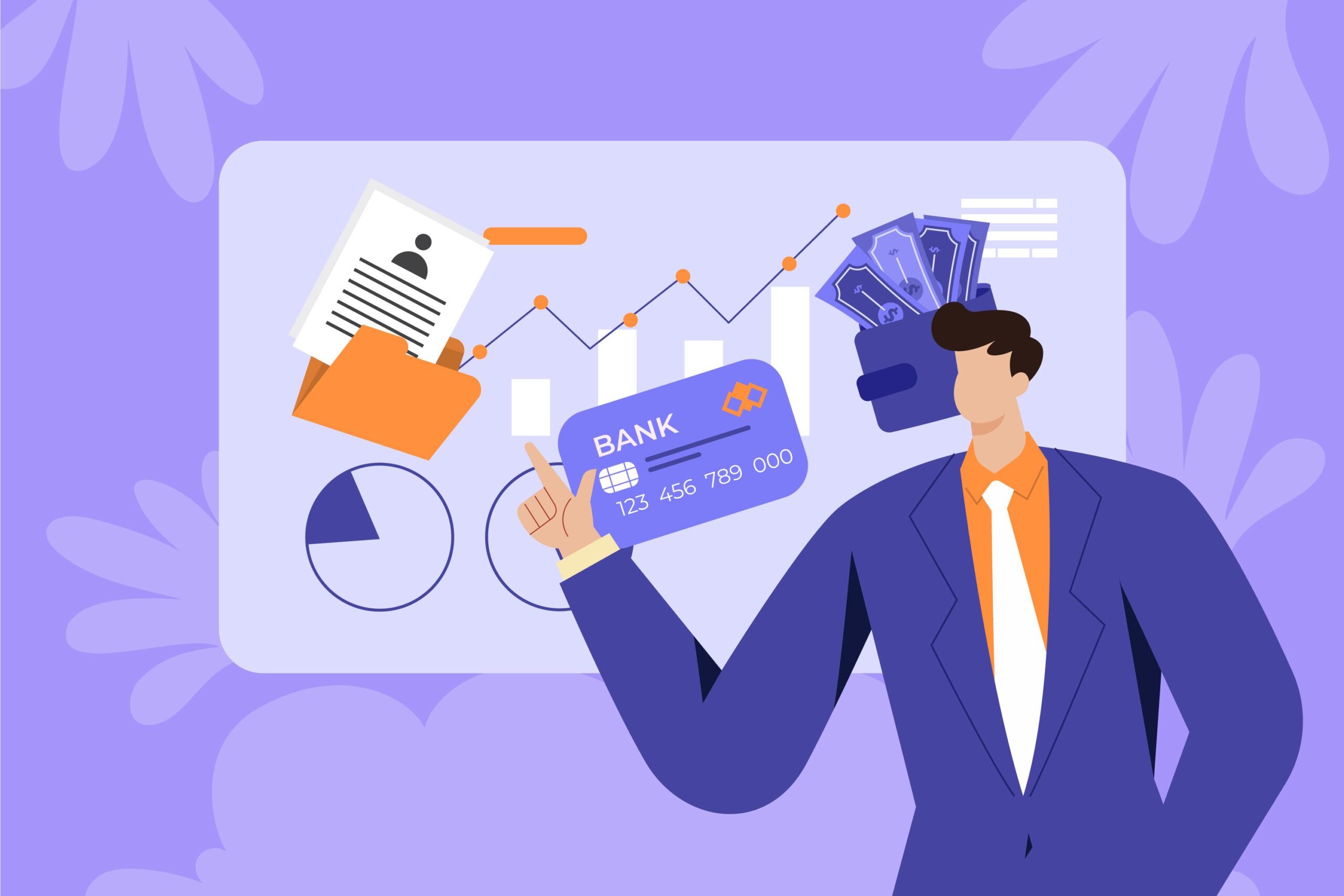If you are in need of quick cash, you have several options to choose from. From applying for a loan against property to an auto loan to an instant loan online – borrowers today have options.
If you find yourself deciding between a gold loan or a personal loan, you are in the right place. Both options have their own set of advantages and disadvantages. So, it is important to consider your options carefully before making a decision.
Pros and Cons of Gold Loans
Gold loans are becoming increasingly popular as a way to finance large purchases or consolidate debt. But before you take out a gold loan, it’s important to understand both the pros and cons of this type of financing.
A gold loan is when a lender gives you money against the value of the gold you deposit with them. You pay back the lender in instalments with interest for the duration of the loan. During this time, the bank uses your gold as security in case you default. Once you have fully repaid the loan, the bank will return your gold. Gold loans are considered to be a type of secured loan. Because it’s a secured loan, the interest rates are not as high compared to unsecured loans. Gold loans are also easier to get because they don’t require a credit check.
On the downside, gold loans can be risky. If the price of gold goes down, you may end up owing more than the value of your gold. And if you can’t repay the loan, you could lose your gold. Additionally, depending on the lender, gold loans might have shorter repayment terms than other types of loans.
Also, keep in mind, that gold loans will only accept a certain type of gold object. The majority of banks only accept gold jewellery. Additionally, the gold quality offered as collateral needs to fall in the range of 18 to 22 karats. The majority of banks offer gold loans with a maximum loan-to-value ratio of 75% of the gold’s current market price. So, the higher your loan amount, the more gold you would need to deposit.
Pros and Cons of Personal Loans
Personal loans are a great way to consolidate debt, finance a large purchase, or cover unexpected expenses. But before you take out a personal loan, it’s important to understand the pros and cons.
On the plus side, personal loans can give you the financial flexibility to cover expenses that you may not be able to pay for with your regular income. They can also help you build your credit score if you make your payments on time. Personal loans are unsecured, which means they’re not backed by any collateral. So, you are not in danger of losing any asset in case you cannot fulfil your loan.
However, not paying back your loan does have negative consequences. Since you have to pay interest on the loan, not paying your instalments will increase your debt over time. You will also have to pay a late fee penalty for any untimely repayments. Moreover, if you miss multiple payments or default on the loan, your credit score will take a hit. This will make it harder for you to apply for loans in the future.
Personal loans are offered by banks, NBFCs, and online lenders. Many traditional lenders require you to have a good credit score and credit report. So, if you have bad credit, it might be harder to get a personal loan. Fortunately, non-traditional lenders such as online loan apps are designed for individuals who are beginning to build up their credit. So, you might have a better chance of applying for an instant loan online.
Which one should you choose?
It really depends on your individual circumstances and financial needs. If you have gold jewellery that you do not mind parting with temporarily, then a gold loan might be the better option. But if you prefer not to put any collateral and want to improve your credit score, a personal loan is better.





